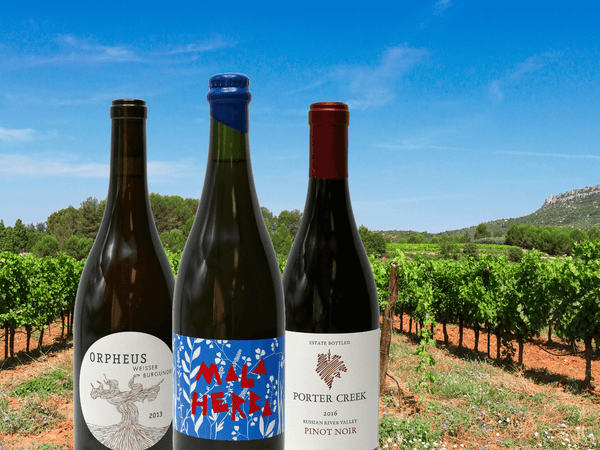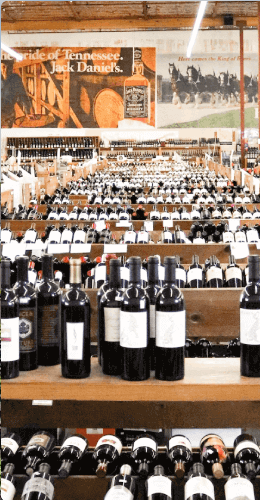What is Biodynamic Wine?

Today it seems like there are a multitude of eco-friendly labels being used to describe our clothes, food and even wine. From organic to sustainably grown and even regional certifications, each has its attraction for both the producer and consumer. However one which people often get confused about is biodynamics.
According to Merriam-Webster, biodynamic means, "of or relating to a system of farming that follows a sustainable, holistic approach which uses only organic, usually locally-sourced materials for fertilizing and soil conditioning, views the farm as a closed, diversified ecosystem, and often bases farming activities on lunar cycles." And it's both as simple and complicated as it sounds.
The principles date back to 1924 when Austrian philosopher Dr. Rudolph Steiner held an "Agriculture Course" with farmers in Koberwitz, Poland (Germany at the time). His eight lectures and five subsequent discussions were transcribed to become the book Agriculture. He was one of the first to openly speak out against using chemical inputs in farming, and predicted it would lead to increasingly unhealthy soils, animal and plant life in addition to lower quality food.
Unlike conventional farming, biodynamics considers gardens, farms, and vineyards living, breathing organisms with everything they touch playing a role. In an attempt to balancing the connection between man, vine, and solar system, it does not permit the use of chemicals in the vineyard but rather allows the vineyard to become a self-sustaining ecosystem.
As Vicki Denig explains it, "Biodynamic farming calls for specific and sometimes strange compost and field preparations. One of these is known as cow horn manure or preparation 500. Cow horns are stuffed with manure compost and buried into the ground all through the winter, then later excavated. Upon excavation, the stuffed material is spread throughout the vineyard." Proponents say this step is crucial for stimulating soil microbial activity, regulating its pH and dissolving essential minerals.
Another belief within the biodynamic system is that in accordance with the lunar calendar each day has energy as either a flower day, leaf day, root day or fruit day. Depending on what phase the moon is in, each day brings with it different benefits and challenges and certain farming actions may be advised. Some even believe wine tastes different depending on which kind of day it is when it is drunken, and prefer to drink wine on fruit or flower days.
Vineyards can be certified biodynamic by the Demeter association worldwide, which started in Europe soon after Steiner's talks and came to the states in 1985 (seventeen years before the National Organic Program was founded by the USDA). Today over 5,000 farms in 60 countries are certified, totaling nearly 400,000 acres.
While all biodynamic vineyards are practicing organic, not all organic vineyards are practicing biodynamic. For some farmers, following the lunar cycles and some of the other elements are just a little too superstitious. However some brands like the Boisset Collection including DeLoach Vineyards and Buena Vista Winery have proven that not only can biodynamics be used with great success, it can be implemented at scale.
Whether you believe in it or not, there is certainly something to be said for farmers who take exceptional care of their soil and the grapes that come from it.
Ready to try some yourself? Click here to shop all Biodynamic wines.



















Leave a comment